MS006 - Mesh Adaptation For Flow Simulation
Keywords: AMR, CFD, Mesh Adaptation
The demand for advanced Computational Fluid Dynamics (CFD) tools to meet modern engineering design challenges is higher than ever. In industries such as aerospace, automotive, and energy, there is a pressing need to re-engineer CFD solvers to fully exploit the potential of extreme-scale parallel computing platforms. This mini-symposium on Mesh Adaptation for Flow Simulation will gather experts to explore recent breakthroughs in mesh refinement and adaptation, with a special emphasis on industrial applications like wind resource assessment or high-lift aerodynamics for aircraft design, where high fidelity and computational scalability are critical.
Key topics include:
1. Adaptive Mesh Refinement (AMR) for Flow Simulation: Addressing challenges in dynamically refining and coarsening meshes to improve CFD accuracy and efficiency. Focus on AMR applications in LES and RANS models for turbulence, complex geometries, or high-Reynolds number flows.
2. Mesh Adaptation for High-Order Numerical Schemes: Focus on advancements in mesh adaptation techniques tailored for low-dissipation, high-order discretization methods. These improvements enhance accuracy in both incompressible and compressible flows, especially in turbulent boundary layers and aerodynamics.
3. Data-Driven Mesh Adaptation: Covering the use of machine learning and AI algorithms to guide mesh adaptation in CFD. Talks include detecting flow features using statistical methods and leveraging adaptive meshes driven by machine learning for optimizing turbulence models.
4. Industrial Case Studies: Presenting real-world applications of mesh adaptation in large-scale simulations for the aeronautical, automotive, and wind energy sectors. These case studies demonstrate the impact of adaptive mesh techniques on improving accuracy and performance for LES or RANS models.
The symposium aims to advance the conversation on mesh adaptation by bringing together innovative numerical techniques, HPC applications, and industrial case studies.
Key topics include:
1. Adaptive Mesh Refinement (AMR) for Flow Simulation: Addressing challenges in dynamically refining and coarsening meshes to improve CFD accuracy and efficiency. Focus on AMR applications in LES and RANS models for turbulence, complex geometries, or high-Reynolds number flows.
2. Mesh Adaptation for High-Order Numerical Schemes: Focus on advancements in mesh adaptation techniques tailored for low-dissipation, high-order discretization methods. These improvements enhance accuracy in both incompressible and compressible flows, especially in turbulent boundary layers and aerodynamics.
3. Data-Driven Mesh Adaptation: Covering the use of machine learning and AI algorithms to guide mesh adaptation in CFD. Talks include detecting flow features using statistical methods and leveraging adaptive meshes driven by machine learning for optimizing turbulence models.
4. Industrial Case Studies: Presenting real-world applications of mesh adaptation in large-scale simulations for the aeronautical, automotive, and wind energy sectors. These case studies demonstrate the impact of adaptive mesh techniques on improving accuracy and performance for LES or RANS models.
The symposium aims to advance the conversation on mesh adaptation by bringing together innovative numerical techniques, HPC applications, and industrial case studies.

